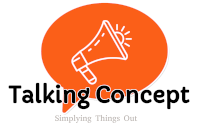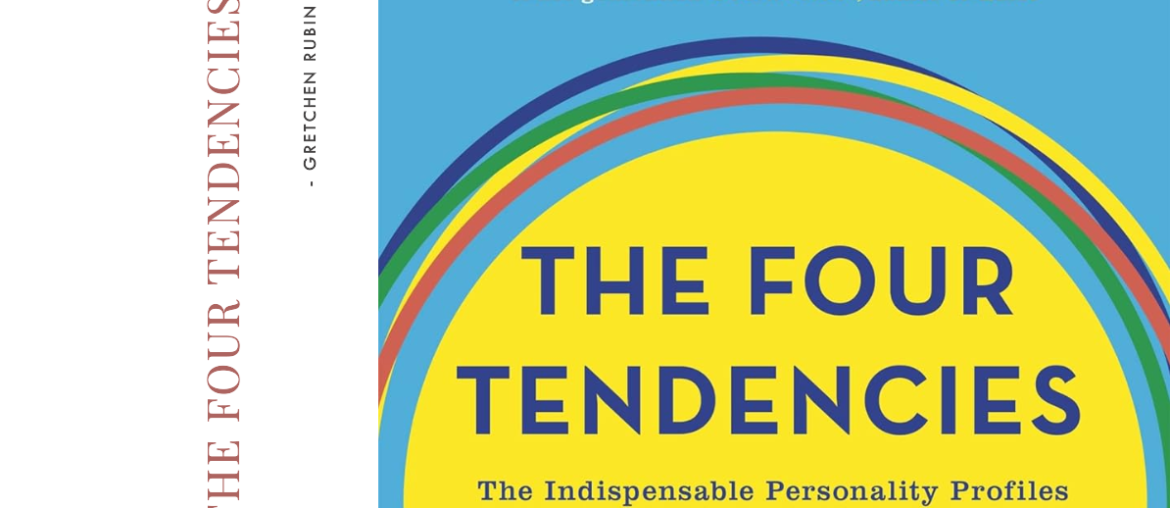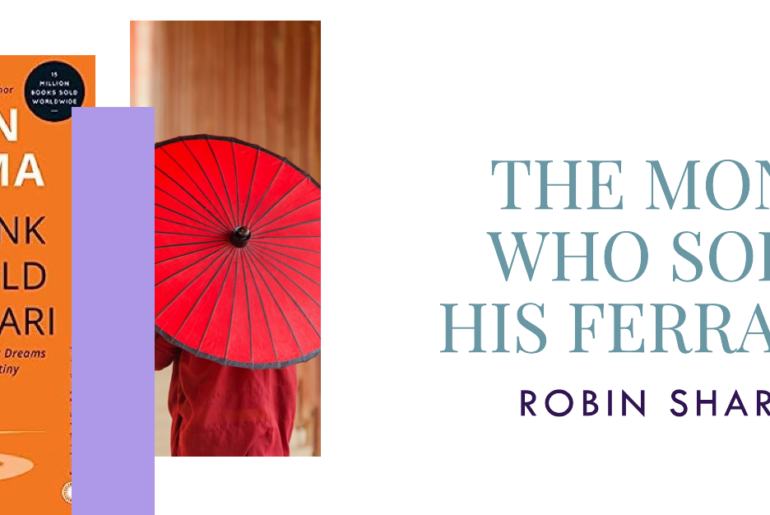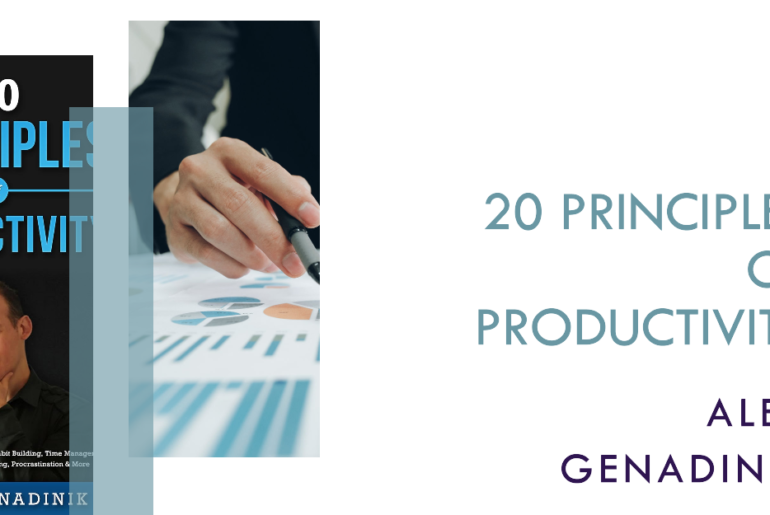The way by which people respond to things differently can be understood through their different personality profiles discussed in “The Four Tendencies” book by Gretchen Rubin. The key factor that the author has taken into consideration is “Expectations”. These expectations are of two types- both outer and inner one.
For example, if I decide to write an article every day and am able to do so; I will be fulfilling my inner expectations. On the other hand, if I am writing an article for one of my clients, I will have to write as per her requirements. That’s what we call the outer expectations. Now on the basis of response to these expectations, there are 4 personalities of people, whom the author has addressed as “The Four Tendencies.”

1. UPHOLDERS
“Discipline is my freedom.“
The one who is self-motivated, highly reliable and conscientious, who can manage tasks effectively, and who likes to follow rules, comes under this category. If you are an upholder, you won’t need any reminders or penalties from others to stay on your track. As a result, as an Upholder, you know that you can count on yourself. That’s the level of confidence you have in yourself.
Remember Hermione Granger from J. K. Rowling’s Harry Potter series? She is the best example of an upholder. Hermione always completes her homework on time, constantly reminds Harry and Ron about the rules and regulations of the magical world, and becomes anxious when anyone steps out of line.
Coming to their weaknesses, they are often rigid and inflexible. If something will not happen as they think or desire, they will start becoming anxious. As an upholder myself, I can relate to this weakness so well. As soon as my phone’s battery becomes less than 40%, I will run for a charger quickly, or I will start getting anxious or having panic attacks.
2. QUESTIONER
“I’ll comply—if you convince me why.”
Lucy tries to find logic and reasons before accepting anything. She is data-driven and more interested in creating systems that are efficient and effective, rather than just following pre-defined rules or trends. If you expect her to do something, she will only fulfill your expectations if those are worthy of her time and logic. She is a questioner.
A Questioner thinks, “My husband asked me to clean out the guest room for months, but if we never use the guest room, then why should I clean it? Now that we have guests coming soon, I’ll do it.”
Because they are too concerned about research, reasons, and information, there are chances that they are more prone to analysis-paralysis. They are a bit impatient and may have trouble delegating decision-making. These weaknesses make them a little less likable.
3. OBLIGER
“You can count on me, and I’m counting on you to count on me”
Sophia is a team player and a responsive leader. She feels obligated to meet other’s expectations. Her whole football team is proud of her. She is even willing to go the extra mile to fulfill other’s expectations. But when it comes to doing something for her own self, she struggles. She knows that one of her mates is toxic for her mental health, still, she can’t say no to her, even if she wants to. Not only this, she always needs someone else to motivate her. Most of the time she finds trouble setting limits on others’ demands.
Obligers are like Sophia. And the strange fact is that this is the most dominating tendency of all the four tendencies, as said by the author. Most people fall into this category only. For them, their inner expectations are a big challenge. No matter how much they may want to meet an inner expectation- like starting their own business or doing regular workouts- they will almost inevitably fail.
4. REBEL
“You can’t make me, and neither can I.”
John is spontaneous and independent-minded. He does whatever he wants to do in his own way, in his own time, and you will ask him to do something, he will resist. Unswayed by conventional wisdom, he tends to enjoy meeting challenges. Yes, he is a rebel.
Rebels resist all expectations whether outer or inner. They don’t care for any checklists, deadlines, rules, or habits to get things done. Their inner beliefs and attitude are so strong and confident that they can withstand any external pressure easily. They might seem to be arrogant. But if Rebels find the cause, then that’s their master because of which they become unstoppable. The “Rebel Tendency” is one of power and paradox.
What to read more about this topic, we highly recommend this book!

(Purchase through above affiliate link helps us to deliver more quality content to you.)
CONCLUSION
The author says that “The Four Tendencies” framework isn’t meant to be a box that cramps our growth or a label that determines everything about us, but rather a spotlight that can illuminate hidden aspects of our nature. The happiest, healthiest, and most productive people don’t belong to a particular Tendency, but rather they’re the people who have figured out how to harness the strengths of their Tendency, counteract the weaknesses, and build the lives that work for them.
This book will teach you to be more empathetic towards others, without judging them rather understanding their perception of a particular situation. You can take this quiz by Gretchen Rubin to know about your tendency.
Discover more from talkingconcept.com
Subscribe to get the latest posts sent to your email.




